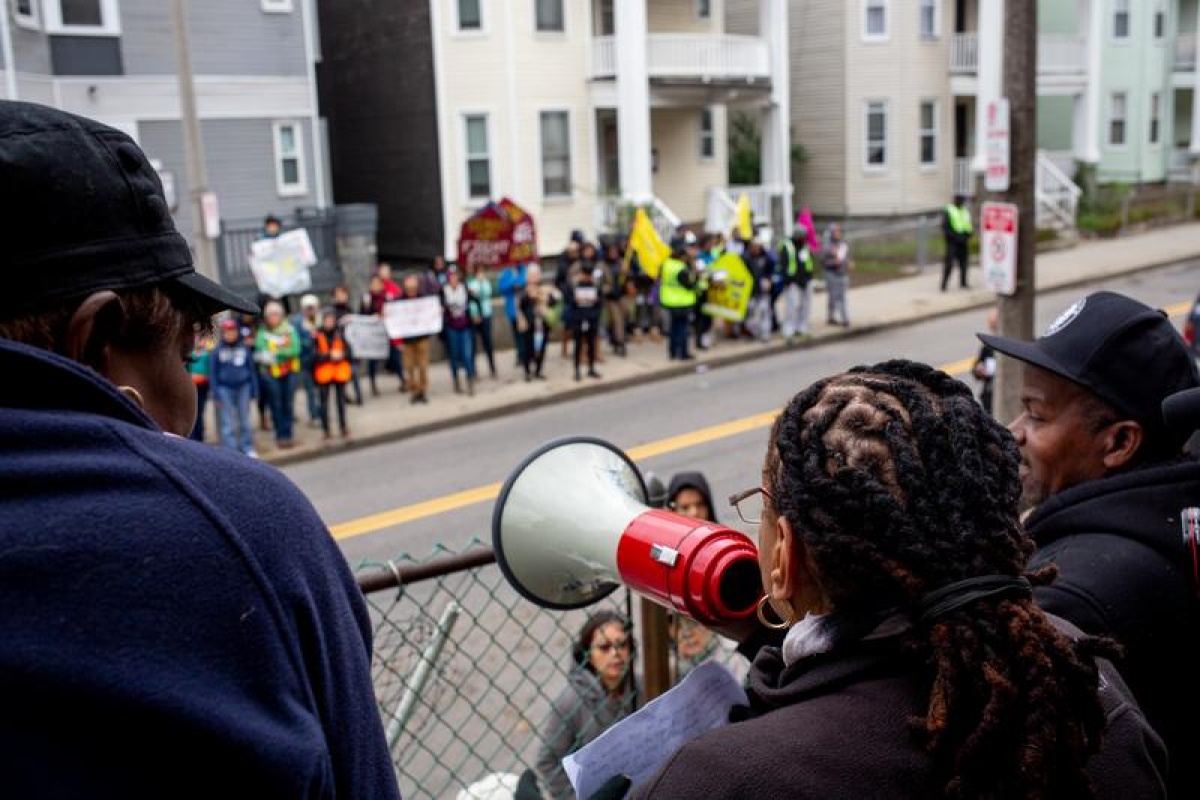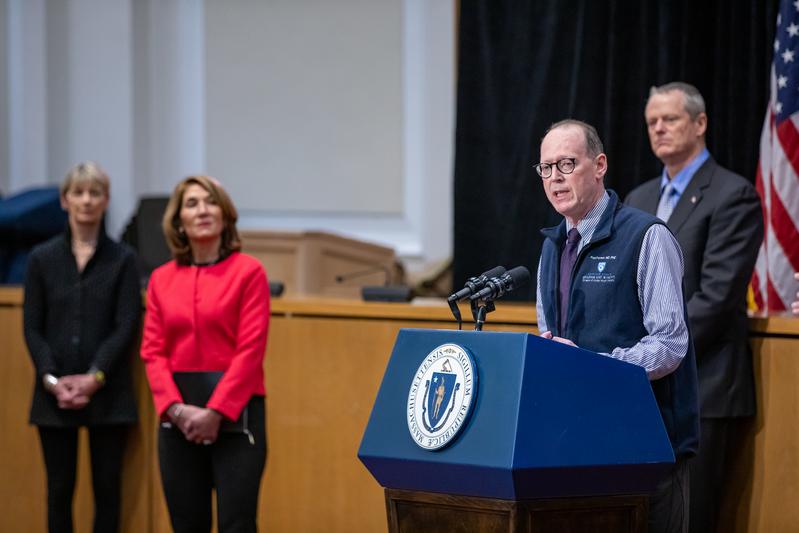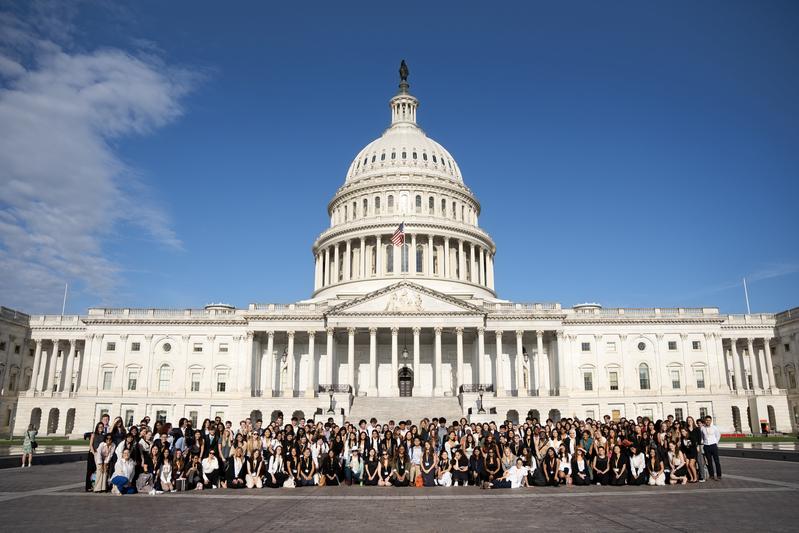9 Resources for Global Health Advocates
Tools to educate, inform, and inspire advocates to take action toward health equity
Posted on Sep 16, 2024

Editor's Note: This blog was originally published on November 2, 2022 and was updated with new resources and information on May 28, 2024.
At Partners In Health (PIH), it is our moral imperative to expose social injustice and to work toward correcting those systemic forces that create inequalities. Strategic partnerships and actions targeted at those who have direct control to change systems are essential to our global impact.
Below are resources to help you learn about and advocate for health care for all.
Take Action
1. Connect over shared values.
Share a story over coffee with a friend about why health equity and social justice matter to you. Pass along an inspiring book or film with a personalized note of why it made you think of the recipient. Build a relationship with those who engage with your social media posts about your favorite causes.
2. Contact your representatives and voice support for important causes.
One first step could be encouraging your US representative and senators to co-sponsor global health-related legislation, such as the End TB Now Act. State and local governments have a significant role to play in local health systems, so consider contacting them about health inequities in your community.

3. Write a letter to the editor of your local newspaper.
This guide details the importance of such letters and gives tips on how to write one. Elected officials and government agencies routinely clip and circulate such letters around their offices as proof of what matters to constituents. If you reference an elected official, it's likely that your published letter will end up on their desk!
4. Open browser tabs and support your favorite cause.
Tab for a Cause is a free, secure browser extension that allows you to raise money for PIH and other causes with every tab you open.
5. Volunteer in your community.
Consider social justice-minded organizations or grassroots groups such as PIH Engage, which recruits and trains volunteer community organizers on how to take meaningful action in the global right to health movement. There are more than 700 PIH Engage members across 85 communities. Join an existing PIH Engage team or apply to start your own.

Stay Informed
6. Watch How To Survive a Plague.
It is a documentary about the early years of the HIV/AIDS pandemic. The film serves as a reminder that the road to systemic change usually involves struggle, but that—ultimately—the results can be life-affirming.
7. Read Why David Sometimes Wins: Leadership, Organization, and Strategy in the California Farm Worker Movement by Marshall Ganz.
The book details the story of the United Farm Workers and how “rethinking relations of power can lead to structural change determined by the exploited, rather than the exploiters.”
Possibly most notable for future advocates, Ganz highlights three elements that lead to organizers’ success: motivation of the movement’s leaders, their diversity of approach, and their creative decision-making.
8. Read An Introduction to Global Health Delivery: Practice, Equity, Human Rights (Second Edition) by Dr. Joia Mukherjee, PIH’s chief medical officer.
Dr. Mukherjee’s book is a valuable resource to become a more informed advocate for global health equity. And John Green, a bestselling author, vlogger, and PIH supporter, found it key to his own education as an advocate.
9. Enroll in online courses to further your education about a favorite cause.
PIH Engage’s Crash Course, updated in 2024, not only provides an overview of the history and current state of global health inequities, but also demonstrates how committed individuals can work together to address those inequities. To access PIH Engage's Crash Course, register as a new member for free, then login.
Examples of Successful Advocacy
Since PIH's inception in 1987, social justice work—which requires understanding the harm done to communities and working to remediate that harm—has played a key role in our clinical care.
Together with partners around the globe, PIH advocates for policies and practices that lead to stronger, more just health care systems in impoverished communities. From advocating for access to treatment for patients living with HIV/AIDS in the 1980s to more recently pushing for equitable access to COVID-19 vaccines, advocacy helps drive change to save lives. It takes many different forms: grassroots organizing, congressional calls and emails, fundraising events, educating the public, and more.

